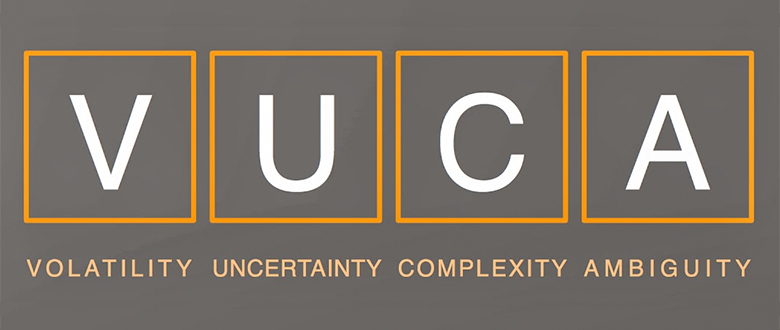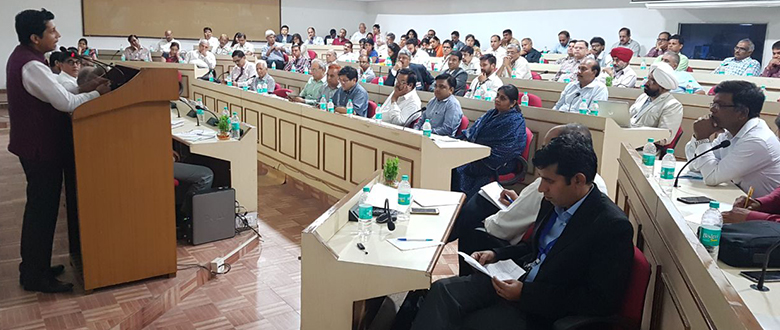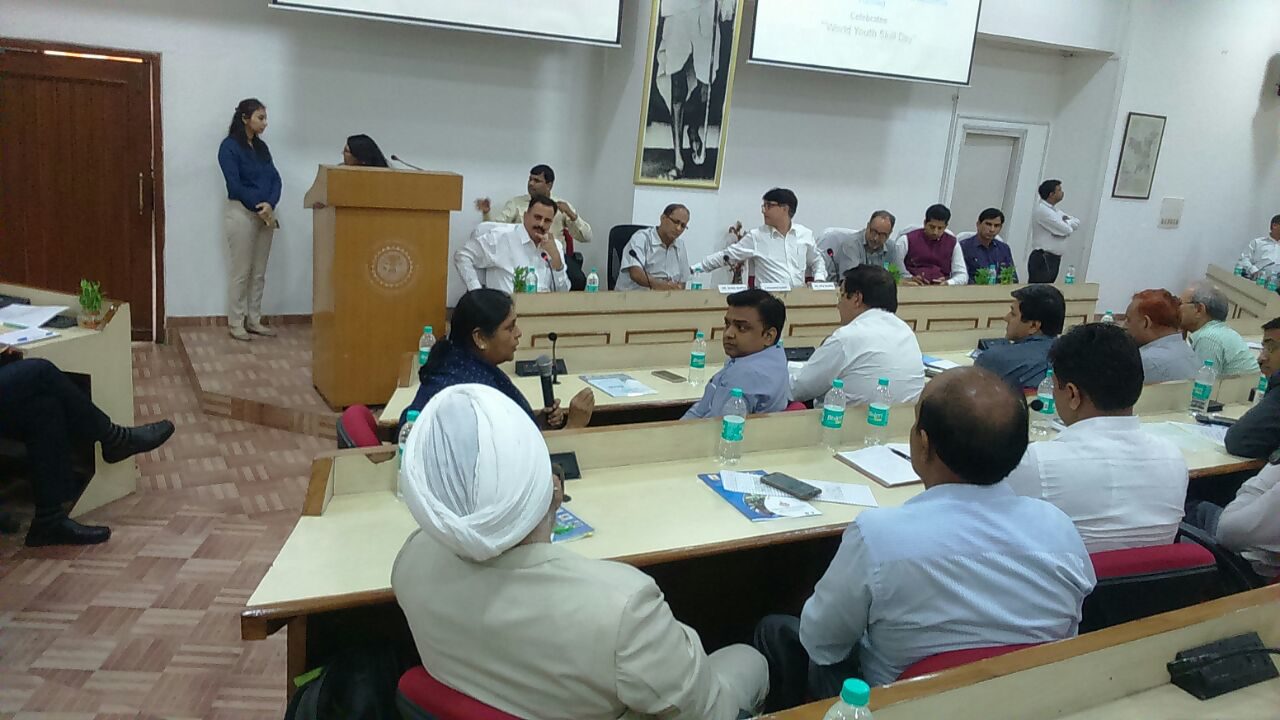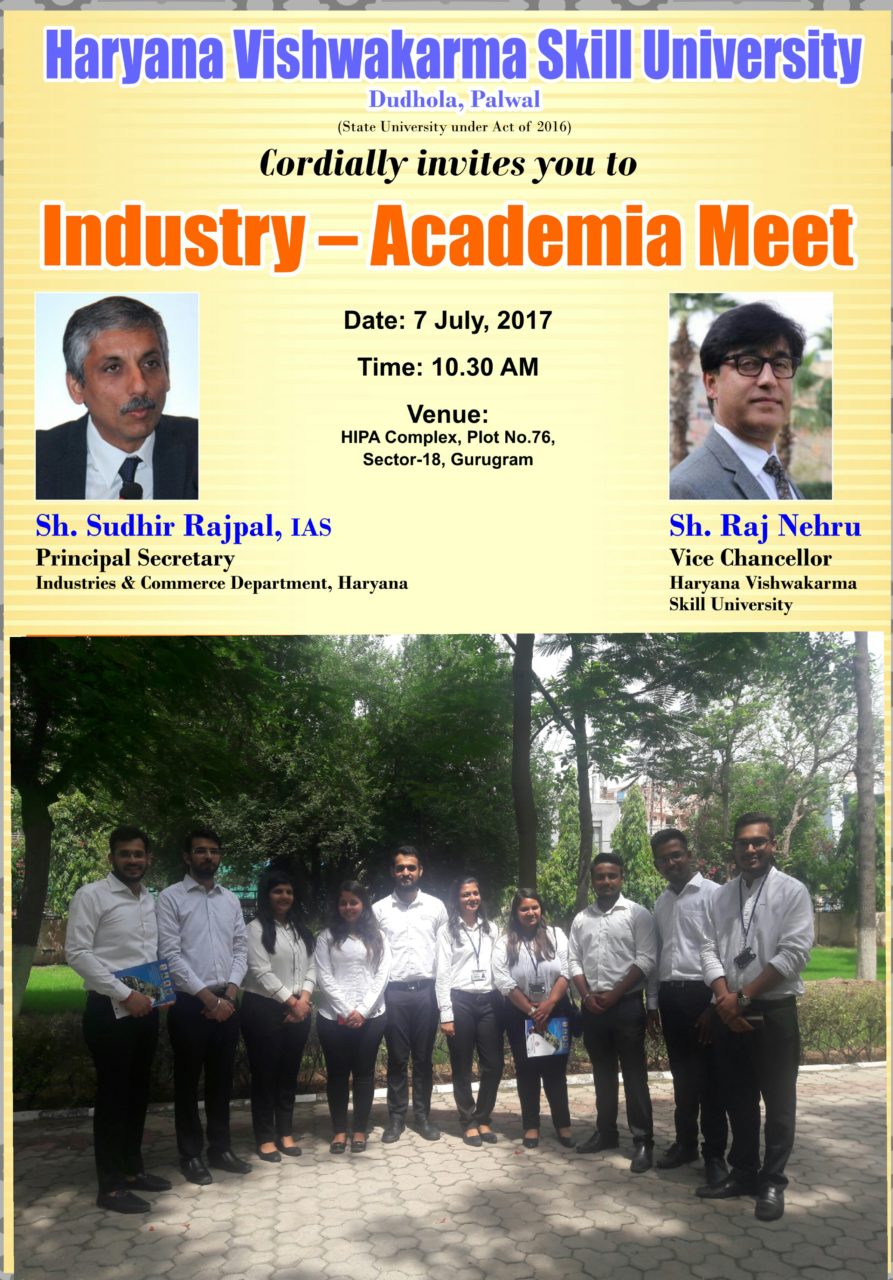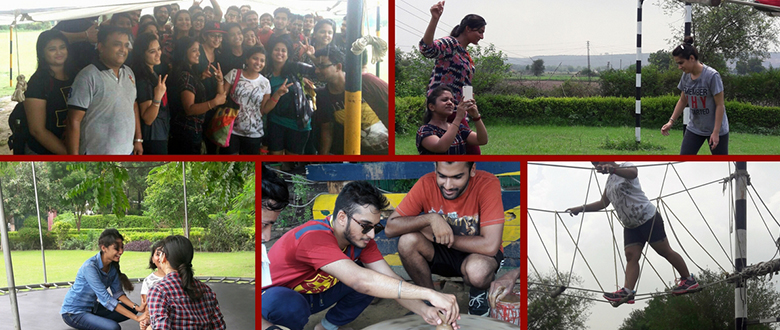In the recent years, the world has continued to undergo a series of transformational shifts. As we know technology has made momentous changes throughout the world, leading to great benefits and adding challenges. Let’s face it, our lives, both at work and at home, are in a constant state of flux. The looming question before us is-“how can we manage effectively in this constantly changing, dynamic situation?” The words of Charles Darwin seem to resonate more poignantly than ever: “It’s not the strongest of the species that survives, or the most intelligent, but rather the one most adaptable to change”. The VUCA environment as we know it. VUCA is an acronym that recently found its way into the business lexicon. It originally derives from the military vocabulary in the 1990’s and reflects volatility, uncertainty, complexity, and ambiguity of general conditions and situations that we all find ourselves in. VUCA seems to be an apt description of our constantly evolving world.
So how does VUCA manifest itself in our lives? Volatility is nothing but the nature, speed, volume, magnitude and the dynamics of change. Gone are the days when leaders and managers would have the luxury of time to plan for the next change. Today the change is here, even before we realize it. Things change unpredictably, suddenly, extremely, especially for the worse. Change is now seen as way of life and we need to constantly adapt and innovate. As Alvin Toffler correctly quotes “The illiterate of the 21st century will not be those who cannot read or write, but those who cannot learn, unlearn and relearn”. Uncertainty is the lack of predictability of issues and events and gets reflected in all areas of individual and social life. It’s the lack of predictability which leads to chaos and anxiety. Complexity of the confounding issues and the chaos that surrounds us. The complexity of the VUCA world is evident. The past, present and future are perceived with confusion, but at the same time are extremely interconnected. This can lead to an inability to be decisive because we find ourselves overwhelmed with both information and choice. Clarity is no longer a commodity that can be easily gained. Ambiguity is the haziness of reality. Today, every decision presents a series of ambiguous dilemmas. Situations and events are open to more than one interpretation, and the meaning can be understood in different ways. This can not only create confusion, but even conflict. Thus, sometimes it may get very hard to make the ‘right decision’.
Since VUCA seems to be the new normal, how can leaders today manage this transition and be more effective? The leadership process needs to undergo a 360-degree change. Therefore, what organizations need today is Leadership Agility and Cognitive Readiness. The leadership today is a contextual and a temporal process of constant learning and practice. Cognitive readiness is the mental, emotional and interpersonal preparedness for uncertainty and risk and the ability most required by leaders in today’s’ context.
Leaders are therefore required to adapt and change from context to context and it becomes imperative for the organizations today to understand and grasp the new meaning and usage of the word leadership. There is a clear distinction between developing leaders and developing leadership. To be successful in this VUCA world, the leaders cannot afford to lead and guide people, the way it was done a decade ago. Today the leader needs to ‘walk the talk’. Today, most organizations are in a constant state of flux, undergoing radical changes, the leader behavior also needs to undergo a transformation. Some of the successful organizations rely on the following strategies. First, the leader should provide guidance and direction to teams across time zones, cultures and organizational barriers. Second, invest in talent and help nourish talented workers by giving them opportunities to grow and progress, developing a high performance organization is more imperative today than it ever was. Third, closely related to the second, is to invest in people, create a work environment which is engaging and that will foster commitment. Last, but not the least, all stakeholders in the organization (customers, employees and employers) need to be the part of the organization growth curve.
Change is inevitable in organizations and is at a critical tipping point, the increased pace of change in today’s global environment has created even more problems for leaders struggling to help their organizations adapt. Therefore, simply managing change is not sufficient. Successful change, therefore, requires leadership. Change or Perish is the new mantra in this VUCA world……

